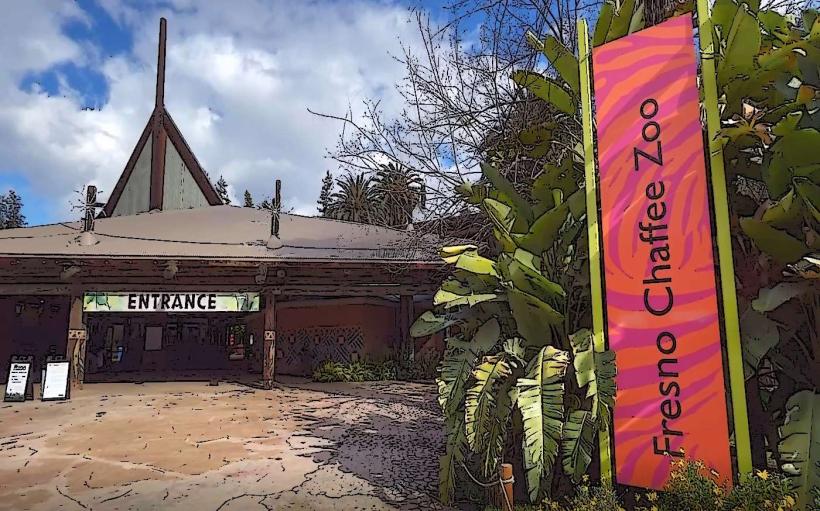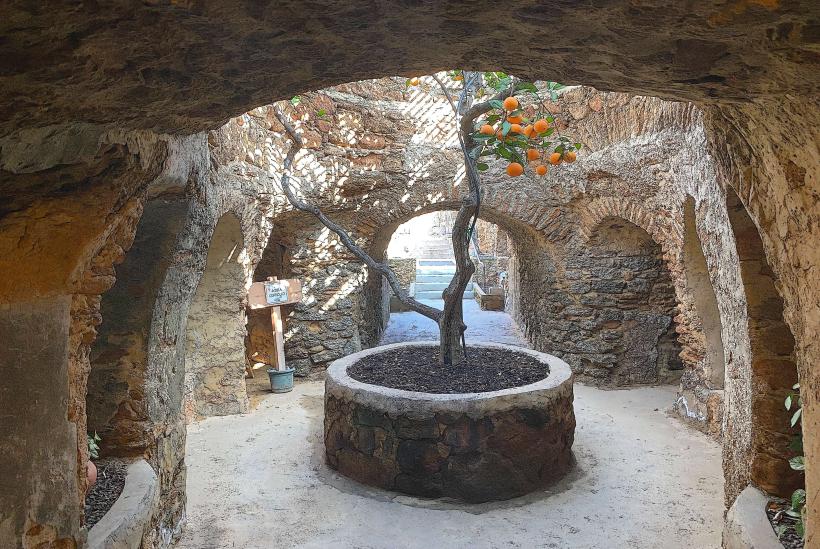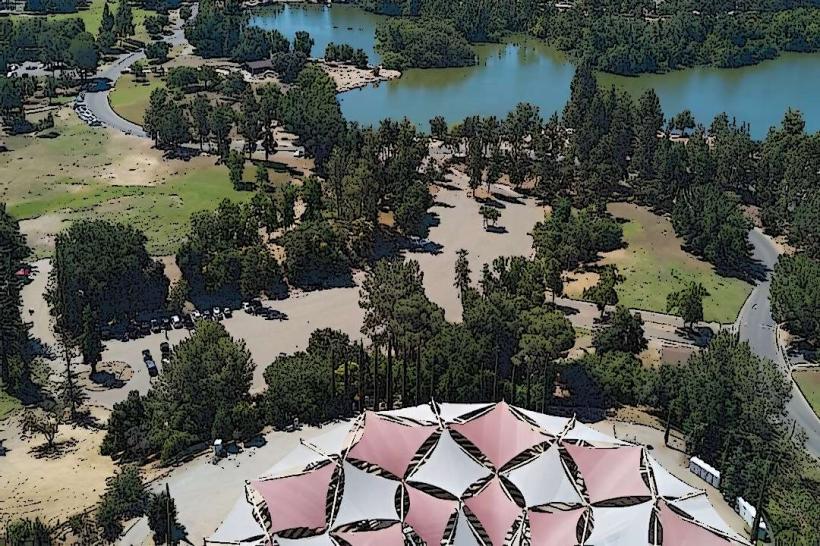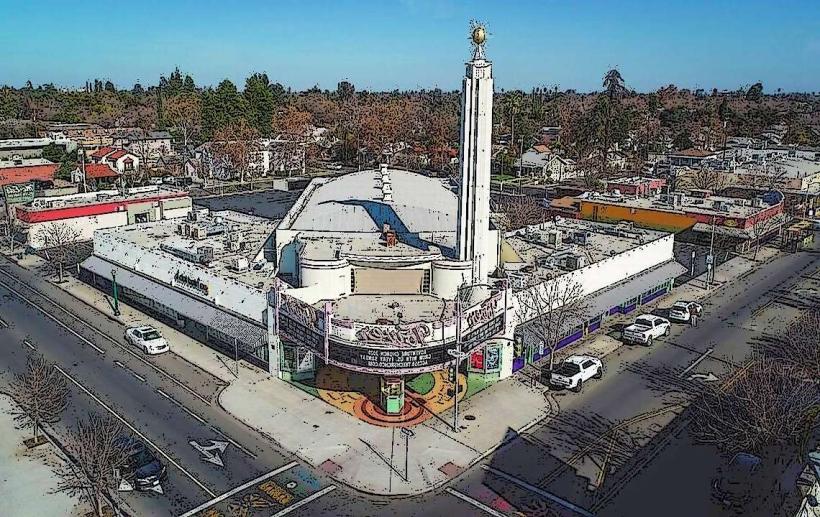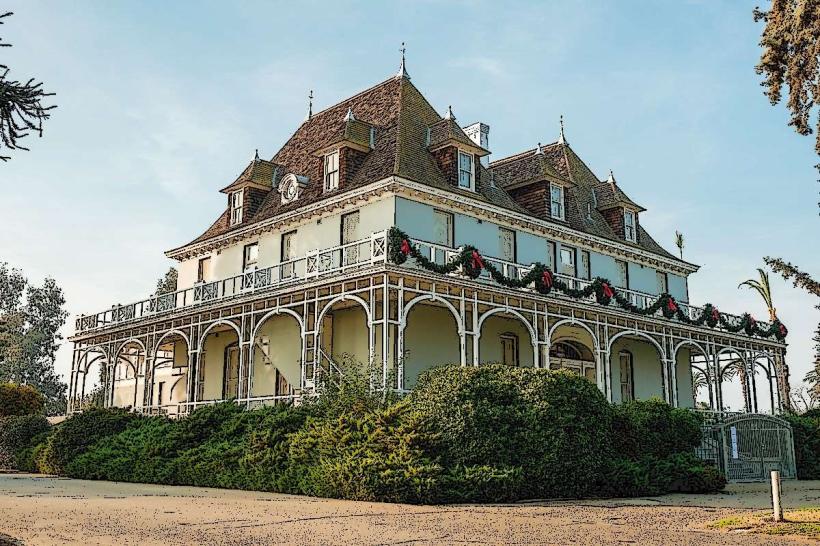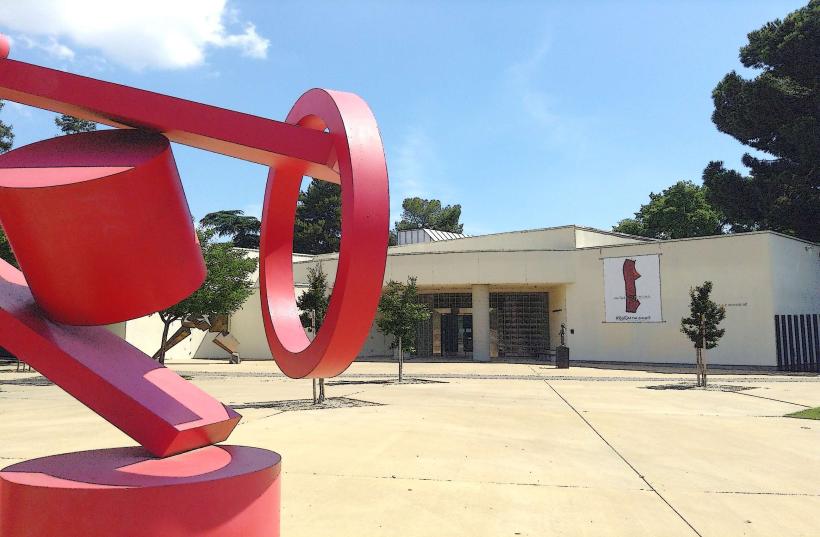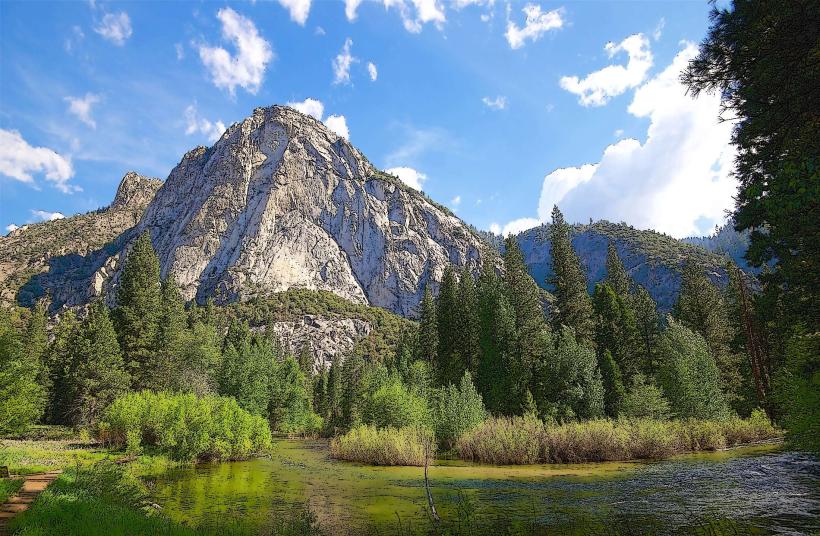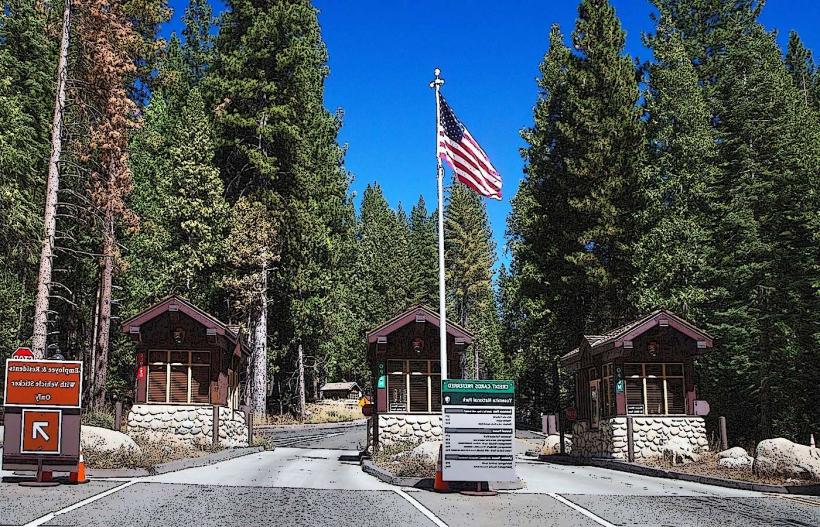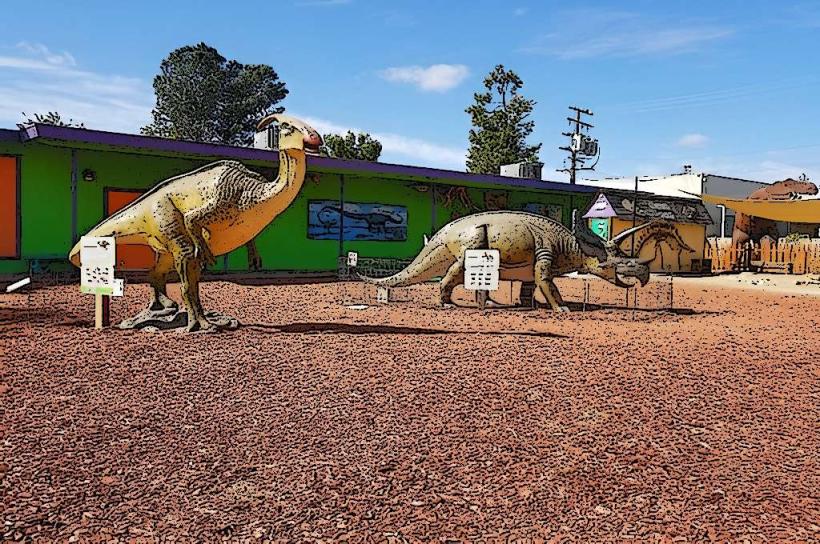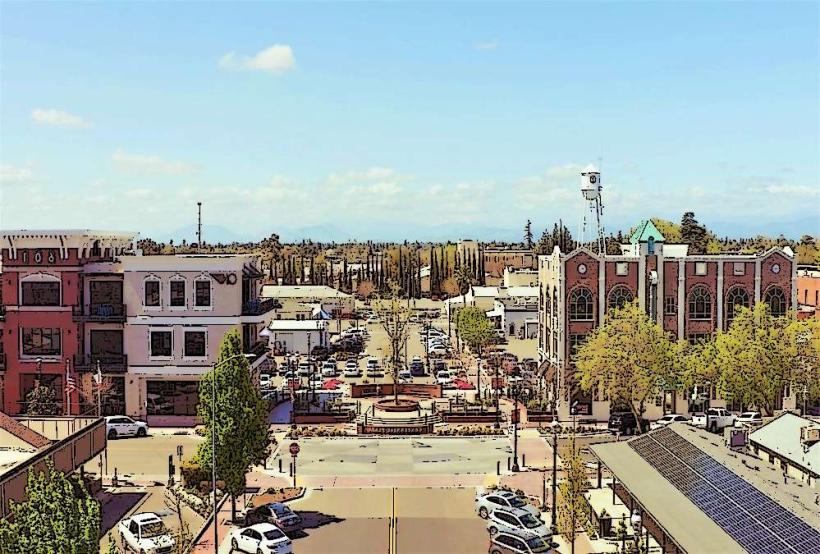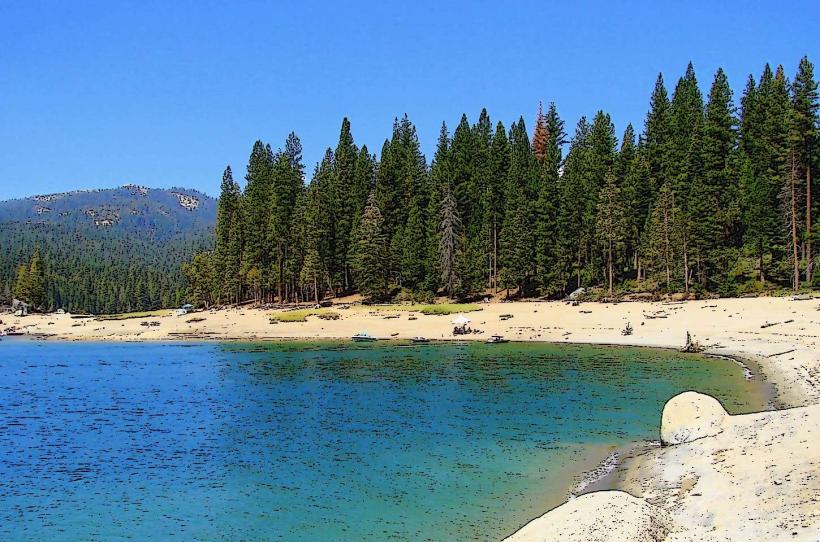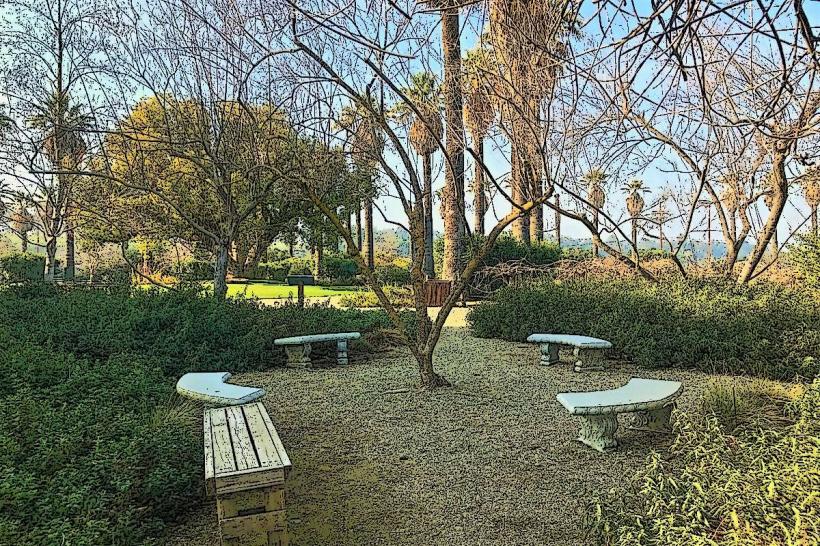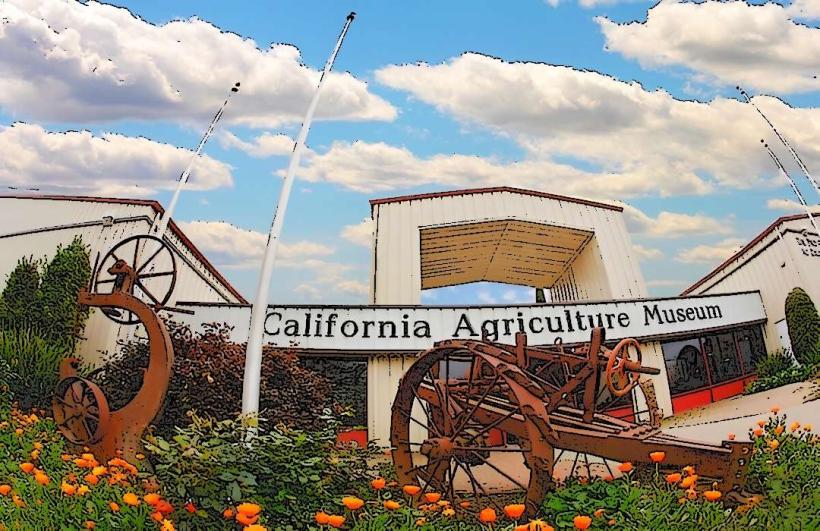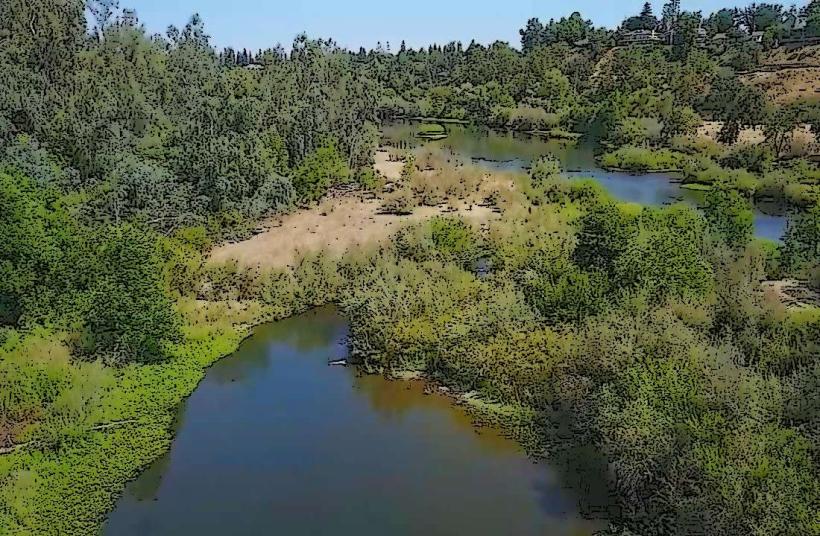Information
Landmark: Sequoia National ParkCity: Fresno
Country: USA California
Continent: North America
Sequoia National Park, Fresno, USA California, North America
Sequoia National Park, located in the Sierra Nevada mountains of California, is renowned for its awe-inspiring giant sequoia trees, including the famous General Sherman Tree, the largest tree on Earth by volume. Established in 1890, Sequoia was the second national park to be designated in California, and it is part of the Sequoia and Kings Canyon National Parks complex. The park encompasses a diverse range of ecosystems, from dense forests to rugged high-altitude peaks, offering both recreational opportunities and unparalleled natural beauty.
Geography and Natural Features
Giant Sequoias: Sequoia National Park is best known for its giant sequoia trees, which are the largest living things on Earth by volume. The most famous of these trees is the General Sherman Tree, located in the Giant Forest. The General Sherman Tree is about 275 feet tall and has a circumference of 102 feet at its base. Some of these trees are over 3,000 years old, making them among the oldest living organisms on the planet.
Sierra Nevada Peaks: The park’s high elevations are home to rugged alpine terrain, with several peaks surpassing 14,000 feet. The highest peak in the park is Mount Whitney, standing at 14,505 feet, which is the highest point in the contiguous United States. The park also offers breathtaking views of the surrounding wilderness, including Crescent Meadow, Alta Peak, and Kaweah Gap.
Crescent Meadow: This stunning meadow, located near the Giant Forest, is often referred to as the "Gem of the Sierra." It is known for its lush vegetation, wildlife sightings, and breathtaking views of the surrounding mountain peaks. It’s a great spot for a hike, picnicking, or simply enjoying the natural beauty of the park.
The Great Western Divide: This mountain range forms part of the park's boundary and offers stunning views and challenging hikes. The divide separates the watersheds of the Kern River and the Kings River.
Flora and Fauna
Giant Sequoias: As mentioned, the park is home to the largest trees on Earth. The sequoia groves, particularly the Giant Forest, contain many of the park’s most famous trees, including the General Sherman Tree, the General Grant Tree, and the Congress Grove, which is home to a cluster of impressive sequoias.
Other Vegetation: The park contains a wide variety of plant life due to its diverse elevations. At lower elevations, you’ll find chaparral and oak woodlands, which transition to coniferous forests of ponderosa pine, sugar pine, and incense cedar at higher elevations. Alpine meadows and subalpine forests dominate the higher elevations of the park.
Wildlife: Sequoia National Park is home to a diverse range of wildlife, including black bears, mule deer, mountain lions, and bobcats. The park’s alpine and forested regions are also home to various species of birds, including the peregrine falcon, mountain bluebird, and the endangered California condor. Smaller mammals, such as marmots and squirrels, are also common in the park.
Notable Attractions
General Sherman Tree: Located in the Giant Forest, the General Sherman Tree is the world’s largest living tree by volume. Standing 275 feet tall and estimated to be over 2,200 years old, this tree is a major attraction in the park. Visitors can walk along a paved trail to reach the base of the tree, where they can marvel at its massive trunk and towering presence.
Cave of the Winds: A popular natural feature near the park’s entrance, the Cave of the Winds is a fascinating limestone cave system that is open for guided tours. The cave features impressive stalactites, stalagmites, and other unique rock formations.
Moro Rock: A granite dome that offers one of the most spectacular panoramic views of the park, Moro Rock can be accessed via a staircase of 400 steps. At the top, visitors are treated to breathtaking vistas of the Giant Forest, the Great Western Divide, and the surrounding valleys.
Crystal Cave: Another popular cave in the park, Crystal Cave is a marble cave with beautiful formations of stalactites, stalagmites, and flowstones. Tours of the cave are available during the summer months and are led by knowledgeable rangers who explain the cave’s geology and history.
Tokopah Falls: A stunning 1,200-foot waterfall located in the foothills area of the park, Tokopah Falls is accessible via an easy, family-friendly 1.7-mile trail. The falls are particularly impressive in the spring when snowmelt increases the flow.
Recreation and Activities
Hiking: Sequoia National Park offers a range of hiking opportunities, from short trails suitable for beginners to strenuous backcountry treks. Some of the most popular hikes include:
The Congress Trail: A 2-mile loop through the Giant Forest that takes visitors past several of the park’s most famous sequoias.
The High Sierra Trail: A challenging 72-mile trail that begins in Sequoia National Park and offers an incredible cross-section of the park’s diverse environments, from dense forests to alpine meadows and high peaks.
Mount Whitney Trail: For experienced hikers, the Mount Whitney Trail is a 22-mile round trip to the highest point in the contiguous United States.
Backpacking: The park is part of the larger Sequoia-Kings Canyon wilderness area, providing extensive opportunities for backcountry camping. Popular backpacking routes include the Rae Lakes Loop and the Skyline Trail, both of which offer stunning views of the Sierra Nevada mountains and access to pristine wilderness.
Camping: Sequoia National Park has several campgrounds, including both developed sites and more remote backcountry options. Some of the most popular campgrounds are located near the Giant Forest and Crescent Meadow. Lodgepole Campground is a large, popular campground with amenities such as restrooms and a general store. Crystal Springs Campground is more remote and offers a quieter experience.
Wildlife Viewing: The park is known for its diverse wildlife, and visitors often have the chance to see black bears, mule deer, and a variety of birds, particularly around the meadows and lower elevations of the park.
Visitor Information
Operating Seasons: Sequoia National Park is open year-round, though certain roads and facilities may be closed during the winter months due to snow. The best time to visit is in the late spring, summer, or early fall when the weather is ideal for hiking and camping. Some higher-elevation areas, such as Crescent Meadow and Moro Rock, may be inaccessible during the winter due to snow.
Fees and Passes: Entrance fees to the park are charged per vehicle. Annual passes, senior passes, and military passes are available. The park also participates in the America the Beautiful Pass program, which offers entrance to all U.S. national parks.
Conclusion
Sequoia National Park is a remarkable destination known for its giant sequoias, rugged mountain landscapes, and rich biodiversity. It offers a wide range of activities for visitors of all interests, from casual hikes to challenging backcountry adventures, all set in one of the most stunning natural environments in the world. Whether you're marveling at the towering trees, hiking to high mountain peaks, or exploring caves, Sequoia National Park offers an unforgettable experience in the heart of California’s Sierra Nevada.

